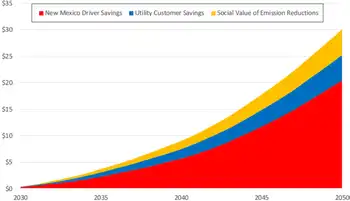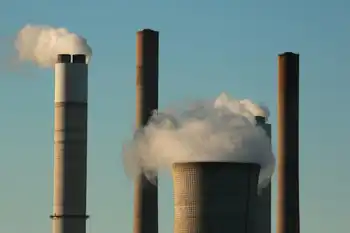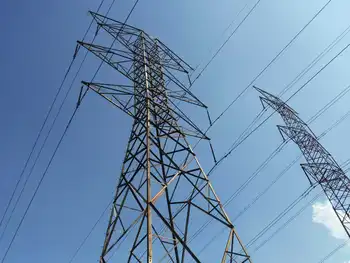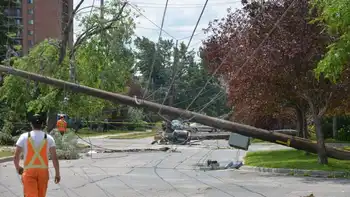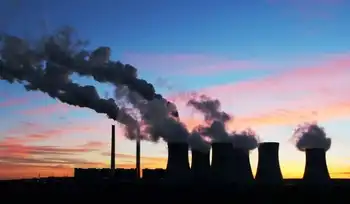Government to propose CO2 rules this spring
By Reuters
Protective Relay Training - Basic
Our customized live online or in‑person group training can be delivered to your staff at your location.

- Live Online
- 12 hours Instructor-led
- Group Training Available
Environmental Protection Agency Administrator Stephen Johnson said the agency will issue proposed rules "later this spring" on "the specific effects of climate change and potential regulation of greenhouse gas emissions from stationary and mobile sources."
Johnson's letter to congressional leaders was a response to a landmark 2007 ruling by the Supreme Court that the EPA must reconsider its 2003 refusal to regulate carbon-dioxide emissions from new cars and trucks under the Clean Air Act.
Johnson's letter sets in motion a long process of seeking comments from industry and the public, with at least two chances to change course before final rules are issued.
Democrats accused the White House of stalling to allow President George W. Bush to slip out of the Oval Office before any rules could take effect. Bush's term will end in January 2009, and it's unlikely that rules could be finalized by then.
"Instead of action, we get more foot-dragging," said Sen. Barbara Boxer of California, chairman of the Senate Environment Committee, which has approved climate change legislation which could see debate by the full Senate as early as June.
"The name of the game here is to run out the clock, basically," said David Hawkins, a climate change expert at the Natural Resources Defense Council. "All of this stuff will come in in a big pile and it will be on the next administration's desk."
The United States is the world's biggest greenhouse gas emitter. The Bush administration has opposed mandatory emissions limits, citing inaction by other major emitters like China and India.
Johnson said the EPA can't weigh emissions from cars and trucks - which comprise about 30 percent of the U.S. total - without considering stationary sources like power plants, oil refineries, and even schools and hospitals.
"This is not just about cars and trucks," Johnson told Reuters in a telephone interview, warning that the "potential domino effect of taking a step toward regulating one source could have significant and in fact lasting implications."
For that reason, Johnson said he widened the rulemaking scope to include stationary sources.
Coal-fired power plants emit about 40 percent of U.S. carbon dioxide emissions. Complying with new regulations could cost big utilities like American Electric Power and Southern Co billions of dollars.
The Edison Electric Institute, which represents big utilities, said it was glad the EPA realized the sweeping nature of potential carbon regulation.
"It's appropriate that the EPA fully understands the consequences of using the Clean Air Act tool to address greenhouse gases," said John Kinsman, the group's senior director for the environment.
U.S. utilities generally favor a legislative fix to carbon dioxide emissions rather than a regulatory one, which could be challenged and delayed by lawsuits.





